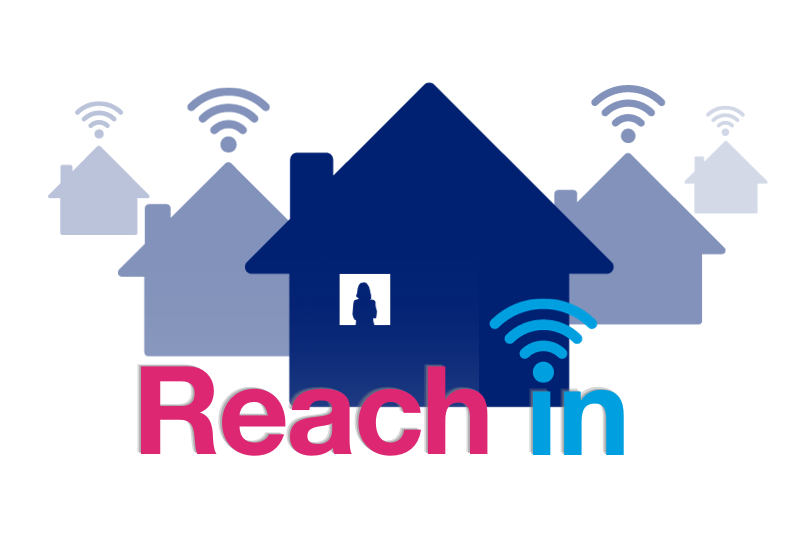What to say – and what not to say
How should you respond when someone you know tells you that they’re experiencing domestic abuse or you see something that’s concerning? It’s really common to feel like you don’t know enough to respond well, or to be worried about saying the wrong thing.
Listen and help break the silence
People who have experienced domestic abuse say that the opportunities to talk, along with practical and emotional support, is really important – particularly from someone they trust. By being there, and listening, you can help someone break the silence about their situation.
Try not to use labels
Many people struggle to identify with the terms “domestic abuse” and “domestic violence” because they don’t feel these labels represent their experiences. This can particularly be the case if they are experiencing coercive control, or psychological, emotion, sexual or financial abuse.
Start conversations gently
You could ask about things you’ve noticed or that you’re worried about. For example “You haven’t been in touch much lately. Is everything ok?” or “I’ve noticed you seem a bit down. Has anyone upset you?” or even “I’m worried about you, you seem scared.”
Be supportive and open
It can be hard not to be critical or offer strong opinions about the relationship or the person behaving abusively, but doing this can prevent someone from opening up. Instead, try to listen with an open mind.
Tell them you’re there for them
When someone speaks out, it’s really important that you let them know that you believe them and that they’re not to blame for the abuse. Explain that you’re concerned and worried about them, and that you want to help.
Don’t put any pressure on them
It’s natural to want to help and if you’re worried about someone, you’ll want to make sure they’re safe. But it’s really important not to pressure the person being abused. Helping someone in an abusive relationship can be a gradual process. This can be hard, but be patient – they need to make their own decisions in their own time.
Don’t confront or provoke the abuser
Don’t do anything to confront or provoke the person who is being abusive – and make sure that you look after yourself and your own safety.



